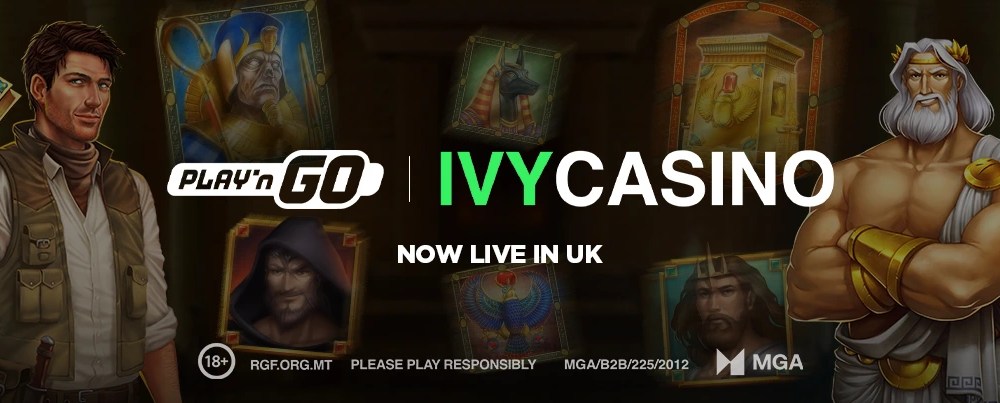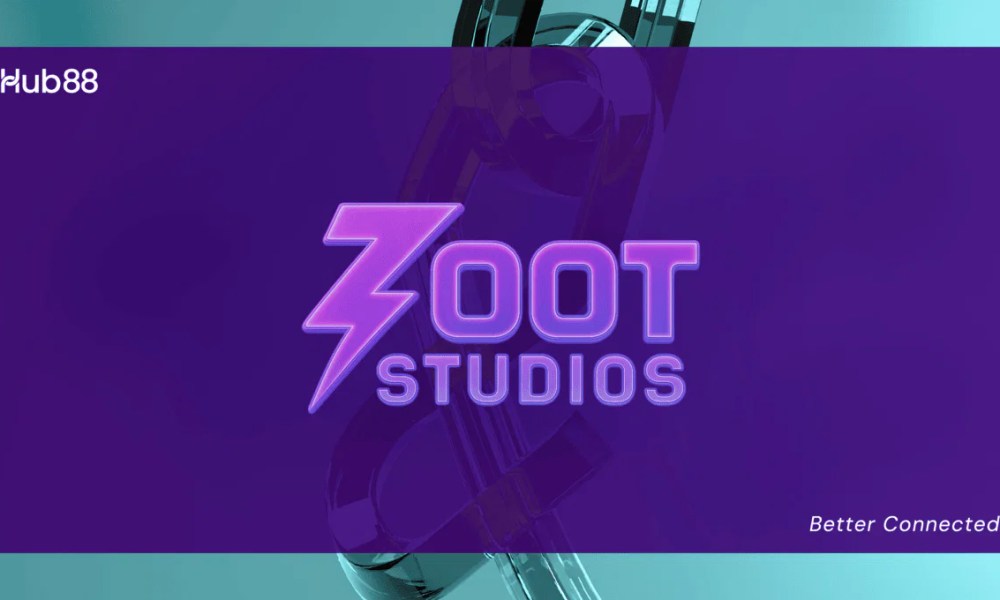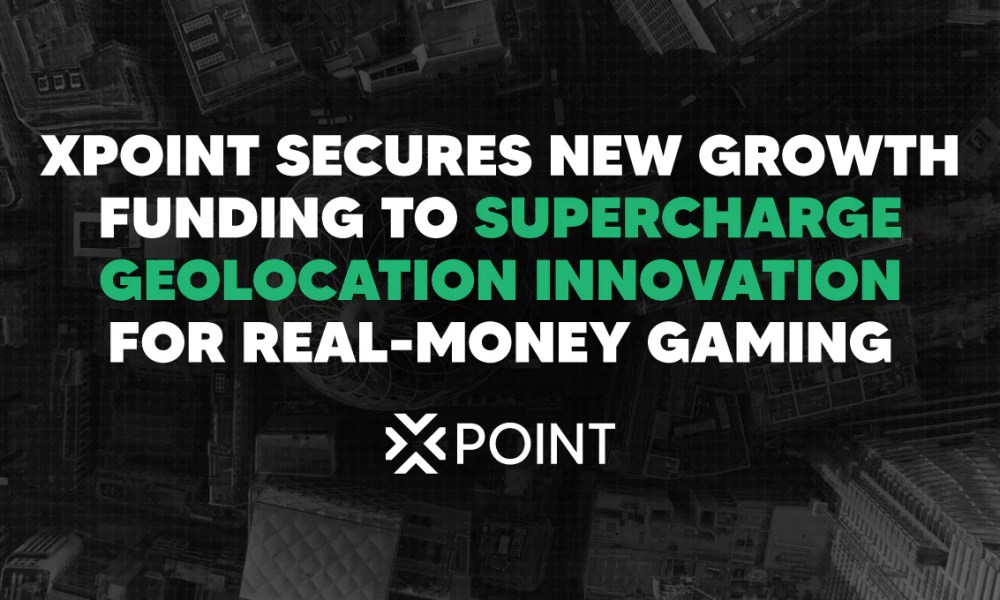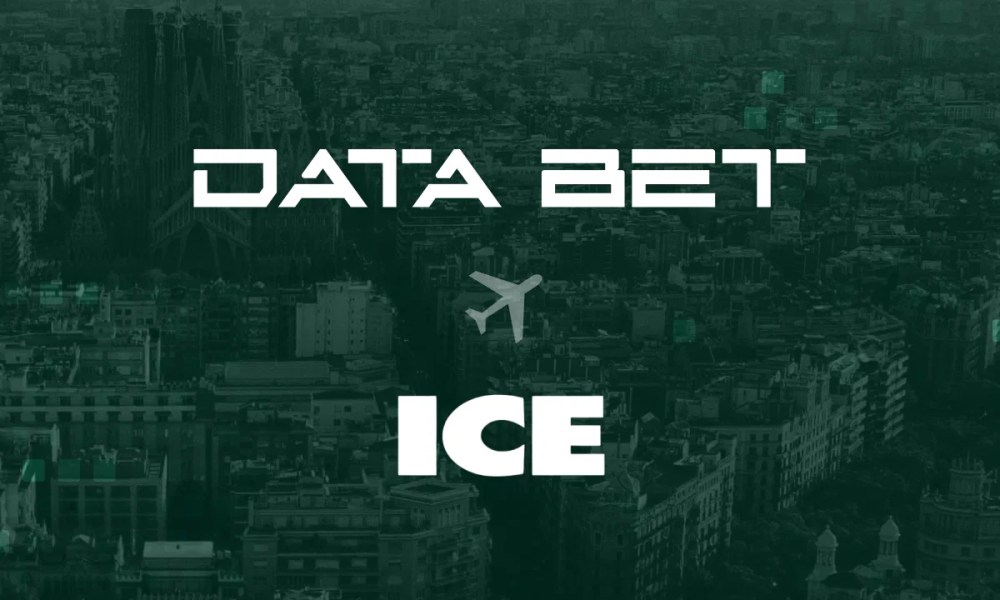Latest News
New Sports Apps Face Struggles during COVID-19 Crisis

The COVID-19 pandemic’s negative effect on the gambling industry has been felt across the board both offline and online. Beyond the closing of land-based casinos and bet shops, the online industry continues to feel the impact of the novel coronavirus with, so far, no end in sight.
This is especially true for online sportsbooks that don’t have a casino offering and new bookies who haven’t yet had time to establish their brands and gain a foothold in the market. Without other revenue lifelines and with challenges mounting during this disease-driven economic crisis, many of these new operations could fold.
Some of the Challenges faced by New Sports Apps
New online bookmakers and mobile first-bookies with a focus on sports apps are struggling to stay alive in this strange betting world where horse racing and football – the bread and butter of the sportsbook industry – have been halted across Europe since mid-March. With that said, challenges that some of these brands may be facing include:
Lack of casino offering
More established bookmakers have found other ways to survive the economically crushing pandemic by offering their customers alternative gambling entertainment, such as slots, casino games, live casino, poker, lotto, etc. However, most of the bookies that have been able to switch their marketing focus to these other gambling streams are well-established names in the industry and already have these products in place. That said, there is a lack of casino department for most smaller bookies that have taken a niche approach and built their brands solely around sports.
Competing with big name sportsbooks
Sportsbook giants like William Hill, Bet365, Ladbrokes Coral and Paddy Power have another advantage over smaller businesses. They have been established for years and have the advertising funds that lesser known bookies do not. Moreover, they have a better chance of survival as their operations are much larger and extend beyond sports betting.
Threat of daily gambling limit
In March the Gambling Related Harm All Party Parliament Group (APPG) called on the British gambling industry to impose a £50 daily spending limit for customers throughout the duration of the coronavirus pandemic. The APPG’s concern is that as the crisis deepens, more people will turn to online and mobile gambling as a distraction, including those who have never considered gambling before. The APPG fears that this could take a toll on the nation’s financial and mental health. Needless to say, if such a daily spending limit was enforced, this would further cripple gambling business, making it nearly impossible for smaller bookies to survive.
There May Be Some Light at the End of the Tunnel
In spite of all the challenges, if some of the smaller bookies manage to stay afloat for another couple of months, they may be able to survive COVID-19. The reason is that football might be back soon and provide a lifeline as early as June.
According to The Guardian, Premier League clubs have discussed re-starting the season by 13-14 June. This would allow the competition to finish by 31 July and clear up August for the completion of both the Champions League and Europa League.
In this best-case scenario clubs would begin a “pre-season” from 10 or 14 May, which would give players four weeks to regain their fitness. Then, with seven weeks to complete the season, (as 16 clubs have nine matches remaining and another 4 clubs have 10), it is believed that this timeframe should be sufficient for the campaign to finish without being too rushed.
Unfortunately, due to the unpredictability of the virus, there is no telling if this best-case scenario will occur. The worst-case scenario, on the other hand, would be for football to remain on hold until October, which would be seven months after the last round of matches and a brutal blow to sportsbooks both big and small worldwide.
With any luck, the best-case scenario for football will come to light. For now, though, new sports apps and online bookies will need to focus their efforts on bringing in revenue through other markets like virtual sports and eSports betting, and hope for the best.

Latest News
Play’n GO games now live with Ivy Casino in the UK
Swedish gaming giant’s industry signals commitment to the UK regulated market by launching it leading portfolio of games with Ivy Casino
Play’n GO, the world’s leading casino entertainment provider, has today announced that its industry leading portfolio of games is now live with Ivy Casino in the UK.
Ivy Casino’s players in the United Kingdom can now access global smash hits from Play’n GO, including Book of Dead, Legacy of Dead, and Rise of Olympus 100 among many others.
Ivy Casino is a UK-facing online casino brand that launched in 2024 with a focus on delivering a premium, player-centric experience tailored specifically for the UK market.
The brand operates alongside two sister sites, Rose Casino and O’Reels, which also serve UK audiences and share the same commitment to high-quality entertainment, strong user experience and robust responsible gaming standards.
Play’n GO has been one of the leading game suppliers in the UK for many years and is steadfast in its commitment to regulated markets globally.
Magnus Olsson, Chief Commercial Officer of Play’n GO, said:
“We are delighted to launch with Ivy Casino in the UK who, like us, are focused on all the key elements of operating within a regulated market framework. I’m sure this is just the beginning of a long and fruitful partnership.”
Mark Good, representing Ivy Casino, said:
“This partnership with Play’n GO forms part of Ivy Casino’s ongoing strategy to enhance its content offering for UK players by collaborating with leading studios known for creative, engaging gameplay.”
Play’n GO is a proud sponsor of the Moneygram Haas Formula 1 team, and recently launched a fashion brand, Play’n GO Shop, to sit alongside its existing Play’n GO Music brand to give fans more ways to connect with Play’n GO.
In October, Play’n GO set a world record by launching everyone’s favourite slot character, Garga, into space reaching a height of over 35,500m as part of the launch campaign for Reactoonz 100 which instantly became one of the biggest game launches of the year for the company.
The post Play’n GO games now live with Ivy Casino in the UK appeared first on Gaming and Gambling Industry Newsroom.
Latest News
Esportes da Sorte strengthens brand presence during New Year’s Eve celebrations across four Brazilian capitals
Esportes da Sorte, one of Brazil’s leading online betting platforms, will be the official sponsor of New Year’s Eve celebrations in four Brazilian capitals: Salvador, Recife, Natal and Maceió. The initiative reinforces the brand’s growing presence in the national cultural calendar and its strategy to connect with large-scale public celebrations beyond the digital environment.
New Year’s Eve is one of Brazil’s most significant annual moments, marked by intense domestic travel, international tourism and mass public participation. By supporting celebrations in four key destinations, Esportes da Sorte aligns its brand with tradition, culture and shared experiences that resonate deeply with local communities.
“Sponsoring New Year’s Eve celebrations in four capitals reflects our commitment to being present in moments that bring people together,” said Marcela Campos, Vice President of the Esportes Gaming Brasil Group, owner of the Esportes da Sorte brand. “Supporting these cities means valuing their cultural identity, strengthening local ecosystems and celebrating the people who keep these traditions alive year after year.”
Across all four capitals, the brand will activate its presence through immersive experiences, public-facing activations and the distribution of branded giveaways — a hallmark of Esportes da Sorte’s engagement strategy at major events. The activations are designed to enhance the festive atmosphere while reinforcing the brand’s connection with culture, entertainment and responsible enjoyment.
The New Year’s Eve sponsorships build on Esportes da Sorte’s broader cultural engagement strategy, which includes long-standing support for large-scale events such as Carnatal, in Rio Grande do Norte — a key fixture in the state’s tourism and cultural calendar. Together, these initiatives reflect the company’s commitment to expanding its footprint in cultural sponsorships nationwide.
Esportes da Sorte’s participation also mirrors a wider trend within Brazil’s regulated betting market, as operators increasingly diversify their sponsorship portfolios beyond football. Music, festivals and cultural celebrations have become strategic platforms for brands seeking broader visibility, deeper community ties and more sustainable engagement with the public.
The post Esportes da Sorte strengthens brand presence during New Year’s Eve celebrations across four Brazilian capitals appeared first on Gaming and Gambling Industry Newsroom.
Latest News
Holi Primed For Emerging Markets Via New QTech Games Partnership
Emerging-markets leader expands its live-games offering with new games from rising star supplier
QTech Games, the leading game aggregator for all emerging markets, has announced its latest partnership with live-games provider Holi, allowing its platform clients access to another positively delineated portfolio.
Integrating content from one of the more colourful and creative digital slots providers adds yet more variety to QTech Games’ premier platform, which is taking the widest range of online games to emerging territories with established names sitting alongside the industry’s most exciting up-and-coming providers.
Holi is the absolute embodiment in the latter rising-star category, reimagining the live-gaming experience through the power of aesthetics in content which delivers a unique and simplified gambling experience, underscored by reliability. Colourful-yet-familiar “light” table games, such as roulette and baccarat, are now overcoming local obstacles to engagement in emerging markets, like handset quality limitations, restricted access to fast networks, and high data costs.
Philip Doftvik, QTech Games’ CEO, said: “We will continue to add fresh content to the platform, prioritising suppliers who provide unique, localised content – and Holi’s light, colourful live games fit the bill perfectly. Their content brings a new level of energy and engagement that we’re thrilled to share across our growing network.”
Inga Vakulcika, Chief Product Officer at Holi, added: “Holi is artfully fusing craft and technology to create more aesthetically pleasing live games that turn local players’ heads – that means captivating, colourful graphics for a top-notch gaming experience. We look forward to seeing how our unique games perform when placed in front of new audiences via QTech’s emerging-market operators.”
The post Holi Primed For Emerging Markets Via New QTech Games Partnership appeared first on Gaming and Gambling Industry Newsroom.
-

 Latest News1 week ago
Latest News1 week agoSCCG Announces Strategic Partnership with Yellow Elephant Studios to Expand Multi-Channel Gaming Content Worldwide
-
Latest News3 months ago
Announcement: 25th September 2025
-
Latest News1 month ago
JioBLAST Launches All Stars vs India powered by Campa Energy: A New Era of Creator-Driven Esports Entertainment
-
Latest News3 months ago
The Countdown is On: Less Than 3 Months to Go Until The Games of The Future 2025 Kicks Off in Abu Dhabi
-
eSports1 month ago
CS:GO Betting Gains Momentum in the iGaming Sector
-
Latest News3 months ago
Evolution launches Sneaky Slots — a Bold New Slot Studio
-
Latest News2 weeks ago
THE 2025 PUBG MOBILE GLOBAL CHAMPIONSHIP GROUP STAGE WRAPS UP WITH LAST CHANCE IN SIGHT
-
Latest News3 months ago
Leading The Charge! Euronics Group Joins LEC As Official Electronics Retail Partner




















